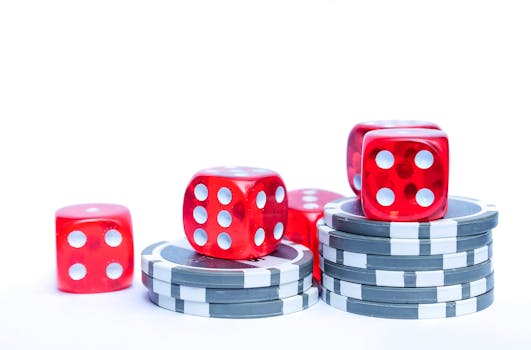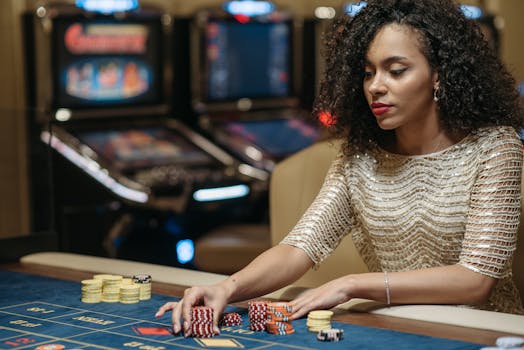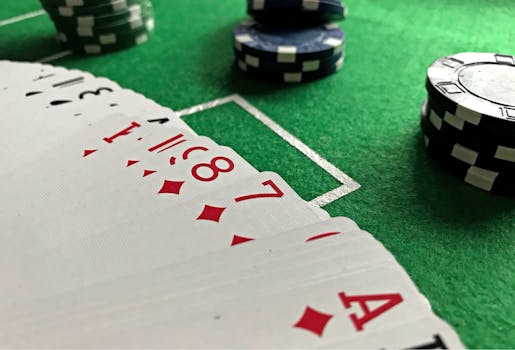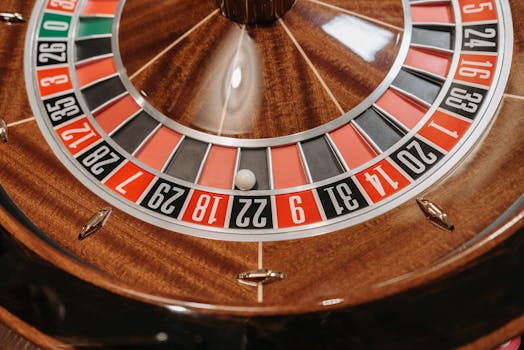Can You Really Be 'Due for a Win' at a Casino?
Introduction to the Concept of Being 'Due for a Win'
The idea that one might be 'due for a win' at a casino is a common belief among gamblers, known as the gambler's fallacy. This notion suggests that after a losing streak, a win is more likely. However, is there any truth to this belief? This article will explore the concept of being 'due for a win' in a casino setting, dissecting the logic behind it and examining whether it holds any statistical weight.
Understanding Randomness and Independent Events
Casino games are primarily games of chance, where each outcome is a separate event. The fundamental principle of independent events in probability theory states that the outcome of one event does not influence the outcome of another. For example, if a roulette wheel lands on black ten times in a row, the probability that it will land on black the next time is still the same. The roulette wheel does not have a memory, and each spin is independent.
The Gambler's Fallacy: A Closer Look
The gambler's fallacy is the incorrect belief that if something happens more frequently than normal during a given period, it will happen less frequently in the future, or vice versa. In the context of a casino, this means if you've been losing, you might think a win is just around the corner. This fallacy is a common misconception among gamblers and can lead to significant losses if one is not careful.
Advantages and Disadvantages of Believing You Are 'Due for a Win'
Believing that you are 'due for a win' can have psychological benefits, such as maintaining a positive attitude and continuing to play in a good spirit. However, the disadvantages are more substantial. This belief can lead to chasing losses, increased gambling, and risking more money than intended, all of which can exacerbate gambling problems.
Practical Examples in Casino Settings
Consider a player at a slot machine who believes that after inserting several coins and not winning, they are due for a big payout. Despite this belief, the slot machine's software uses a random number generator, ensuring each spin is independent of the last. The odds of winning do not increase the more one plays. This misunderstanding can lead to persistent gambling and financial losses.
Conclusion: The Reality of Casino Gambling
In conclusion, the belief that one is 'due for a win' at a casino is a misconception based on the gambler's fallacy. Casino games are designed with random outcomes, and the chances of winning do not increase based on previous losses. It is essential for gamblers to understand this to gamble responsibly and enjoy casino games for entertainment rather than as a way to make money. Remember, gambling should always be done within one's means and with the understanding that the odds are usually in the house's favor.

.png)





